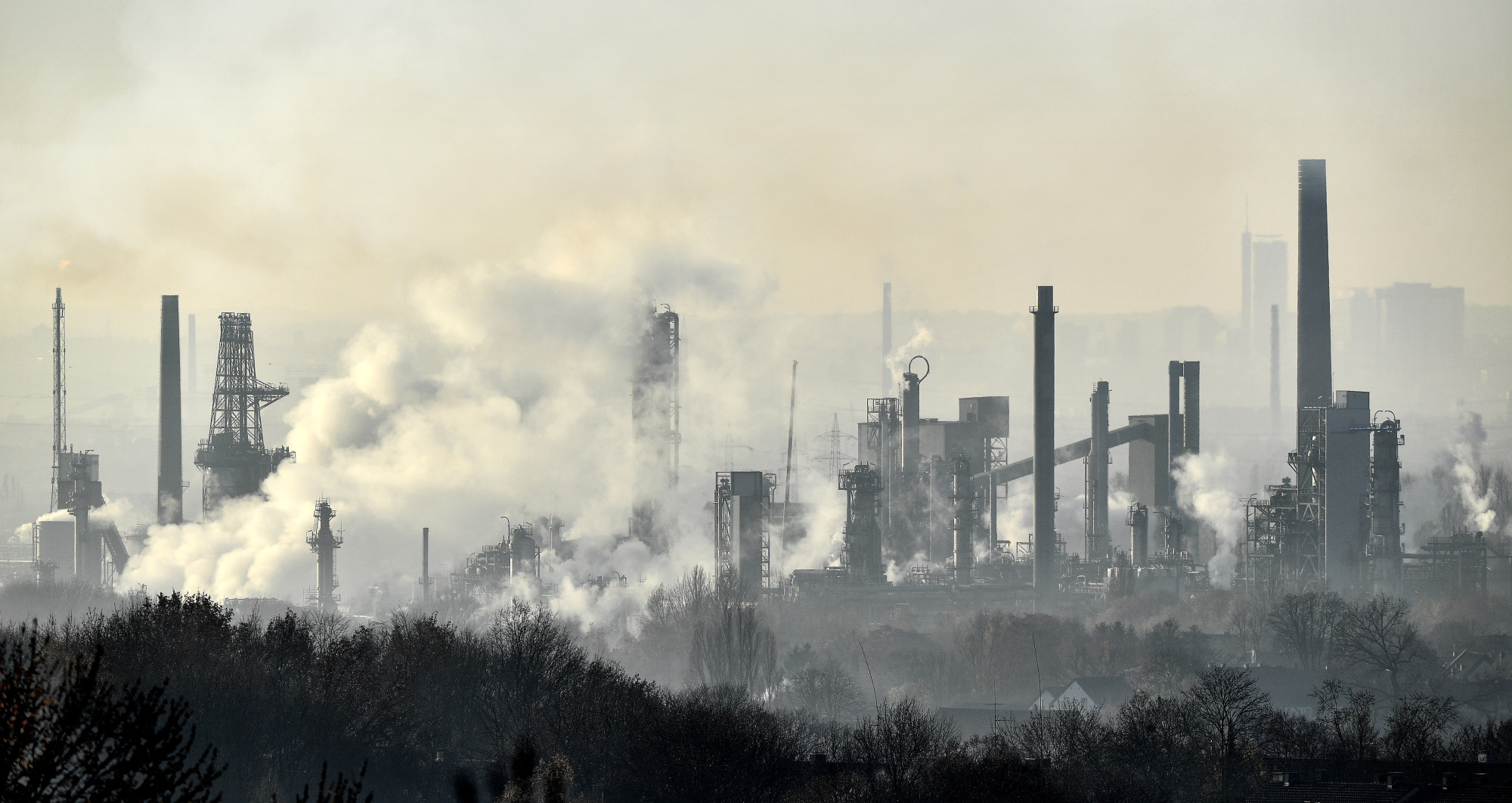Back in 1991, when climate policy was in its infancy, an Exxon subsidiary came to a startling and prescient conclusion about how to curb carbon-dioxide emissions that cause global warming: It would require a heavy price on carbon dioxide pollution before the companies creating emissions would change, the researchers concluded, at a level far higher than almost any in use today.
Calgary-based Imperial Oil Ltd., which has ties to Exxon Mobil's predecessors going back to the end of the 19th century, hired an outside research firm to look at how environmental taxes might affect both carbon dioxide pollution and the Canadian economy. Cutting emissions would only be possible with a price per ton of about 55 Canadian dollars, or roughly C$95 ($72) in today's money, and, the researchers argued, the economic impacts would be vast.
At the time there was no price on carbon dioxide pollution — and that remains true in most of the world today, nearly three decades later. There's now a patchwork of pricing mechanisms, including carbon dioxide-emission trading systems in Europe, California and a group of states in the northeastern U.S., as well as current or planned carbon taxes in Mexico, Japan, Argentina and Canada. The top price put on carbon dioxide so far? $120 per ton in Sweden.

















With your current subscription plan you can comment on stories. However, before writing your first comment, please create a display name in the Profile section of your subscriber account page.